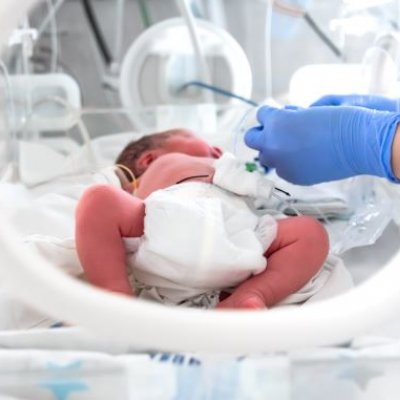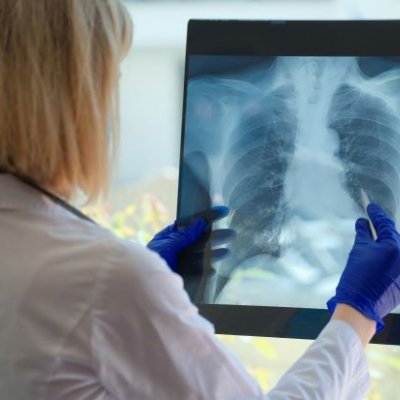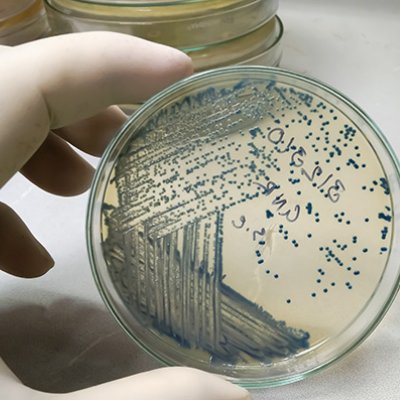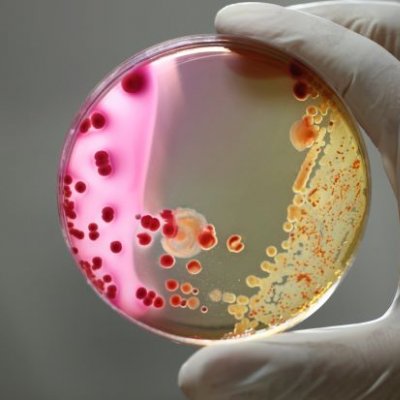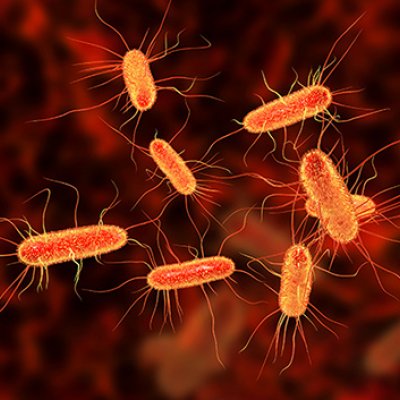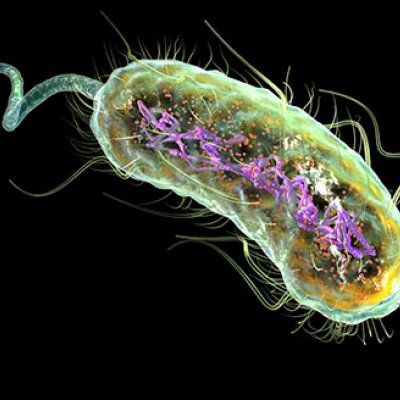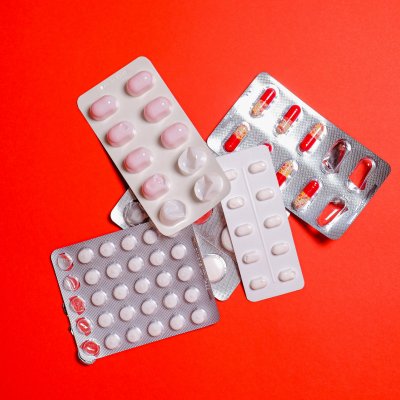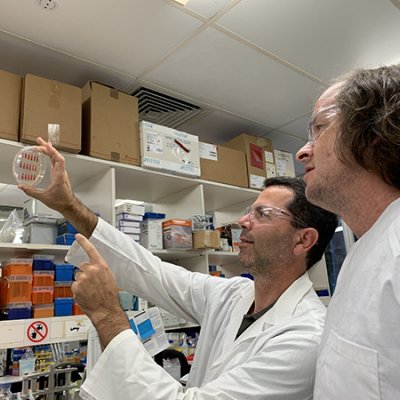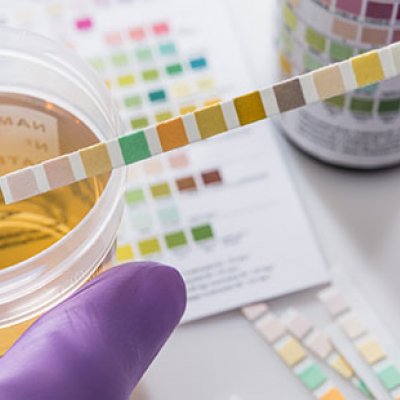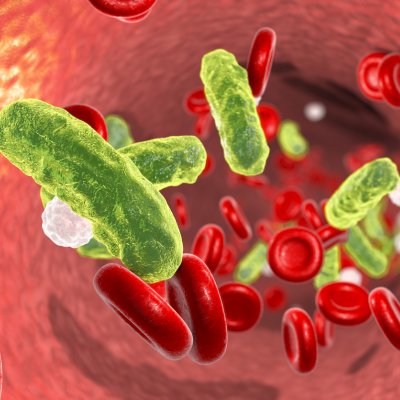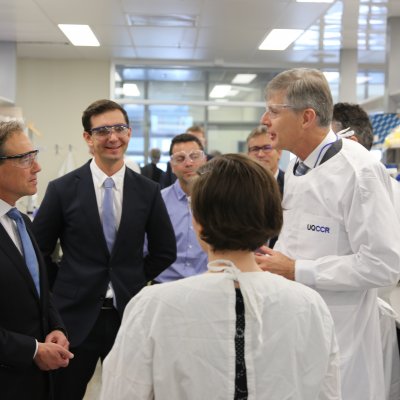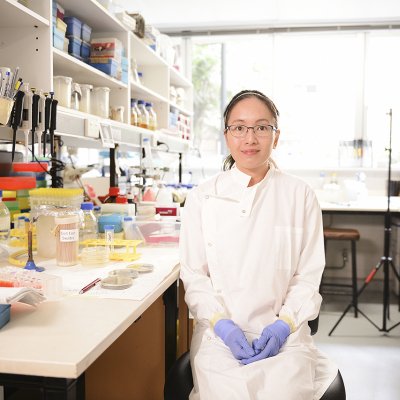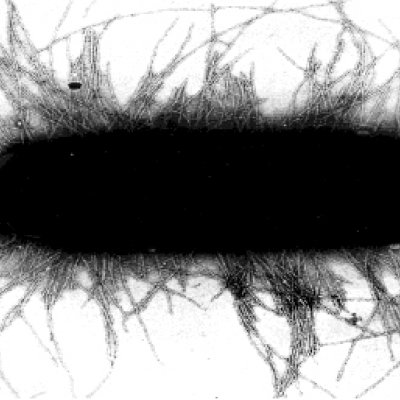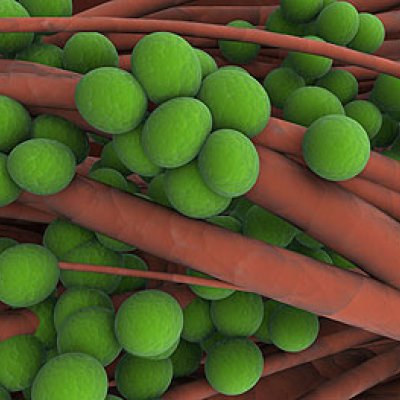A milestone study led by UQ researchers has identified the main types of E. coli bacteria that cause neonatal meningitis, and revealed why some infections recur despite being treated with antibiotics.
17 April 2024UQ researchers have identified an opportunity to reduce infections in people living with cystic fibrosis.
23 February 2024Queensland researchers have discovered that a mutation allows some E. coli bacteria to cause severe disease, a finding that could help to combat antibiotic resistance.
22 February 2024UQ researchers have led a national study on the four main bacteria that cause sepsis, providing new targets for developing antibiotics.
28 March 2023University of Queensland researchers have identified a pathway in cells that could be used to reprogram the body’s immune system to fight back against chronic inflammatory and infectious diseases.
19 January 2023Scientists have pinpointed a gene that helps deadly E. coli bacteria evade antibiotics, potentially leading to better treatments for millions of people worldwide.
14 January 2022There is new hope for approximately 700,000 people who die each year from antibiotic resistant infections, with University of Queensland researchers discovering how bacteria share antibiotic-resistance genes.
18 August 2020Sufferers of recurring urinary tract infections (UTIs) could expect more effective treatments thanks to University of Queensland-led research.
14 August 2019New details about the role of zinc in our immune system could help the development of new non-antibiotic treatment strategies for bacterial diseases, such as urinary tract infections (UTIs).
11 March 2019Certain antibodies in a patient’s blood stream may enable life-threatening bacterial infections to spread instead of fighting them off, a University of Queensland study has found.
28 June 2018University of Queensland research into antibiotic resistance links between nursing homes and hospitals has received a $1.8 million government funding boost.
17 May 2018Infectious bacteria E. coli can defend itself and grow in acidic and copper-rich human environments a new University of Queensland study suggests.
13 June 2017Antimicrobial researchers at The University of Queensland are focusing their attention on one of the biggest sources of antibiotic resistance in the world
14 November 2016Travellers exposed to antibiotic-resistant bacteria may force a change to common medical procedures that rely on effective antibiotics, say researchers from The University of Queensland.
30 September 2015An international study led by The University of Queensland has tracked a potentially devastating multi-drug resistant E. coli strain that is only one gene away from being resistant to almost all antibiotics.
1 April 2014The University of Queensland’s new Australian Infectious Diseases Research Centre (AID) has become the first sponsor outside of NSW of the Australian Museum’s prestigious Eureka Prizes.
4 February 2011The University of Queensland topped the nation in the prestigious Australian Research Council Future Fellowships announced today, being awarded 31 fellowships worth a total of more than $22 million.
17 November 2010Can bacteria be used to stop the spread of dengue? Is the era of useful antibiotics coming to an end? Could termites provide a solution to a more efficient biofuel industry?
13 July 2009Three UQ scientists have won Smart State Fellowships to continue groundbreaking research on rheumatoid arthritis, cerebral palsy and a hospital superbug.
10 July 2007Eight up-and-coming University of Queensland researchers have been honoured with awards totalling $552,000 at the 2006 UQ Foundation Research Excellence Awards held at Brisbane Customs House.
20 September 2006- 1 of 2
- next ›
